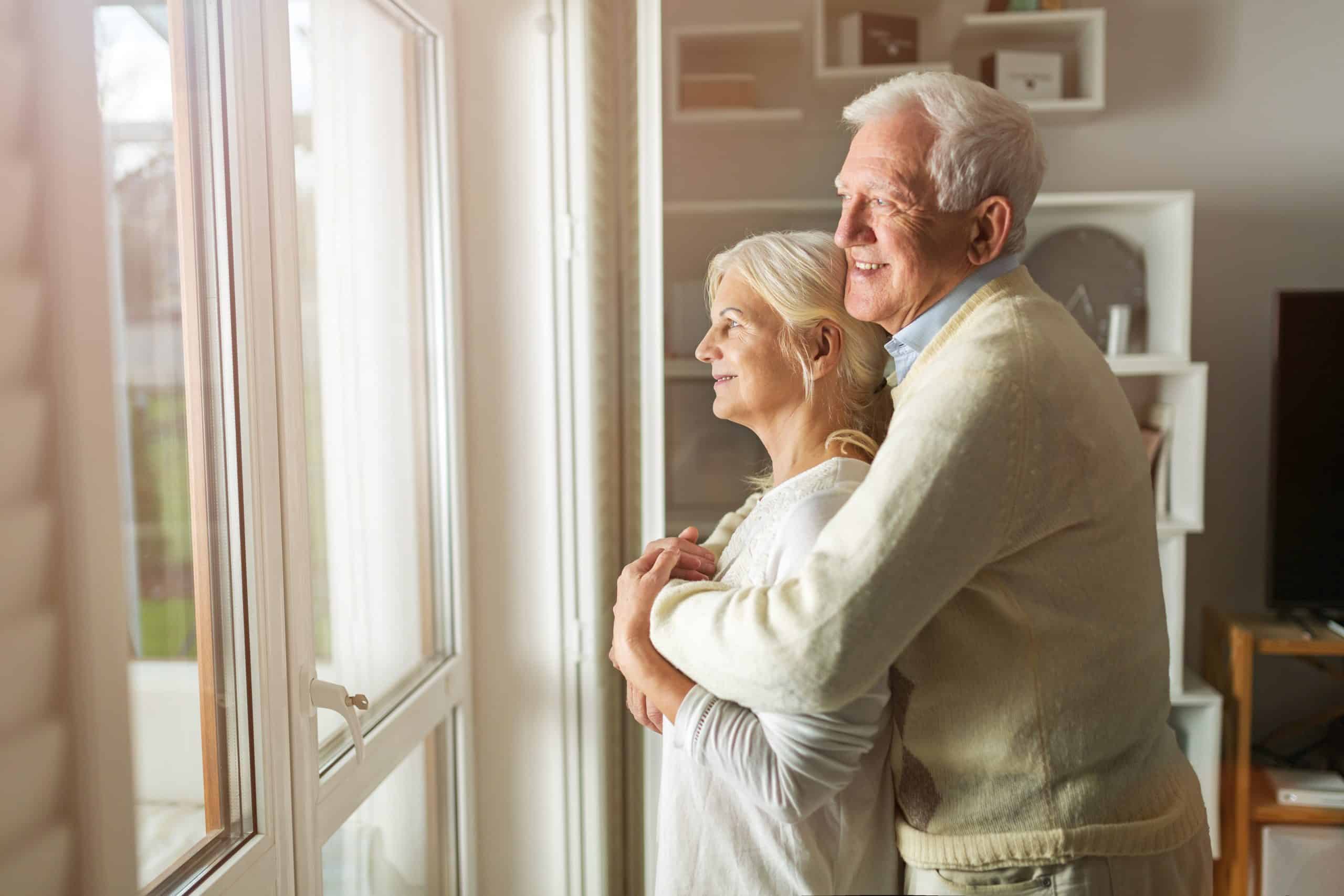Everyday items can be a safety hazard in the home for older adults. Home assessments and a few basic adjustments can assist you in discovering how to make your home safer and prevent falls.
Remove Slippery Rugs
Rugs on a hardwood floor can be a slipping hazard for the elderly. In addition, walkers and canes can get caught on them if they bunch up, causing possibly dangerous falls. To prevent this safety hazard in the home, you could either remove the rug or use slip-guards on carpets and rugs.
Stay Up-To-Date on Home Appliances
As your family members age, it will be important to maintain and attend to home appliances — microwaves, heaters, etc. These can be a fire hazard; therefore, make sure you or your caregiver are making sure that these appliances are still in good condition and functioning properly.
Eliminate Tripping Hazards
Extension cords and wires can be dangerous if extended out into the room. Be mindful of tucking these long cords — oxygen or IV tubing, electronic cables or charging cords, etc. — so they aren’t in walkways, preventing falls.
Keep It Tidy
Clutter is another cause of tripping. It is crucial to ensure someone is staying on top of the house’s cleanliness for your elderly loved ones so that risk of falls is reduced.
Bathroom Safety
As we age, we may find that our strength and flexibility change. Taking care of our personal hygiene can become more difficult and simple adjustments in the bathroom can make these tasks easier and safer. For example, implementing grab bars, elevated toilet seats, non-slip bath mats, and shower seating in the bathroom will reduce the risk of slipping and falling.
Staircases
Stairs can be difficult to navigate. Issues of balance, muscle weakness or breathing difficulties increase this difficulty. An extra railing for support can make climbing the stairs easier. Stairlifts will provide even more support. These alterations will also help to prevent falls and injuries.
Ensure Caregiver Checks in on Medications
Medications can be very beneficial to the health of your loved ones, but if forgotten or accidentally taken in the wrong dosage, they can potentially cause serious health problems. Consider a caregiver visiting your family member to help them take the correct medications at the right time and in the proper dosage.
Schedule Regular Check-Ins
Whether you, a family caregiver, a nurse, or a neighbor, having people regularly check in on your loved ones not only provides a regular social time for your family member but could also allow you to identify emerging health issues and even save their lives. Creating a schedule for home care assistance with different family members and caregivers each day of the week is an excellent way to start an enhanced safety routine. Think about varying visit times to cover morning, afternoon and evening routines.
Eliminate Safety Hazards in the Home for Elderly Loved Ones
These are just a few ways to enhance safety in the home. For a more comprehensive assessment and safety plan, please contact us.

